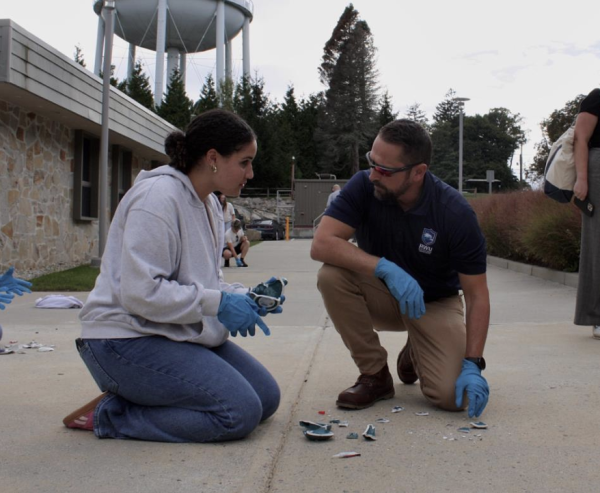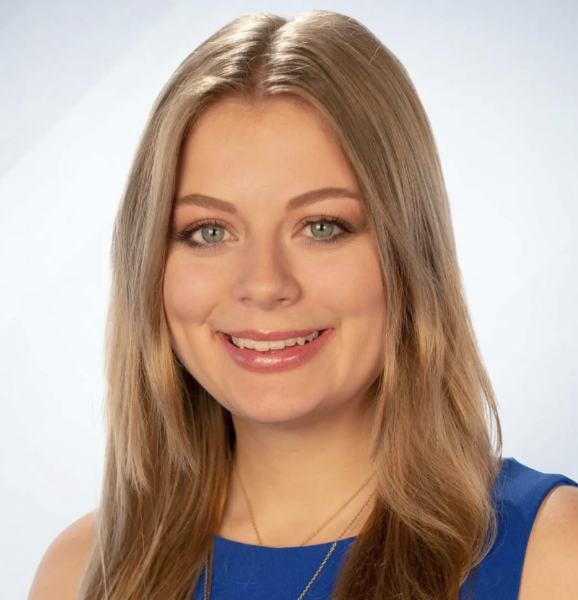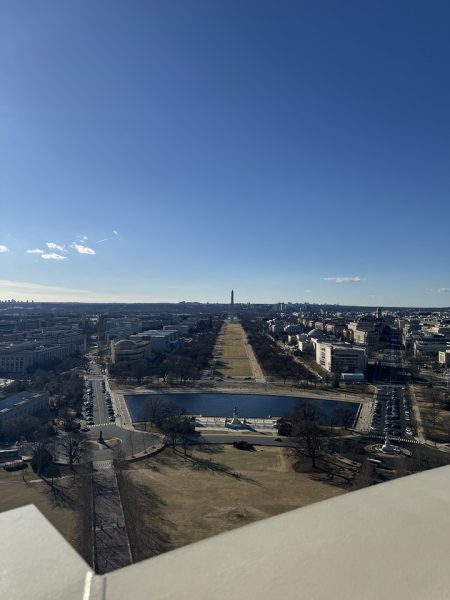HAWEs meet and greet
Photo courtesy Isabella Gentile
By Isabella Gentile | Herald Contributor
With the combined stress of schoolwork, athletics, club responsibilities, and more, it can be easy to dismiss personal health and wellness as other thoughts cloud students’ minds. Thankfully, Roger Williams University offers various health resources on campus that are easily accessible. The HAWEs (Health and Wellness Educators) held a meet and greet on Sept. 27 where students were able to ask questions about the program.
For the first time since the program’s establishment, it has been split up into four teams to provide better focuses on different issues: Mental Health, Alcohol and Other Drugs, General Health and Sexuality, and Title IX. Although the dynamic in the group has shifted with this change, it only enhances the program as students are able to really take the lead in the topic that they have chosen.
The HAWEs plan many events and campaigns on campus that help to encourage good health all around. Poster campaigns are created both semesters, focusing on elements like anxiety, stress, or consent—a topic that will be featured in this fall’s campaign. The group also sponsors one big program in each residential hall. HAWEs are very focused on being a neutral source of information and not ordering students around in telling them what to do. Robert White, a junior member of the Alcohol and Other Drugs team, follows the HAWEs motto in saying that they are simply “helping people help themselves,” when it comes to personal methods and being healthy.
HAWEs help to alleviate pressure on students who feel like they only have clear-cut options with drinking and sex. Alissa Assad, a junior member of the Mental Health team, says that there is a huge misconception that everyone in college drinks, while statistics show that there is a big percent who do not. The HAWEs collaborate with other organizations in putting on Roger After Dark, a substance free program for students on Friday nights. Safe and optional choices are also discussed around sexual activity, explained Mary Dinnean, a senior on the Sex team. She says that while they don’t directly promote abstinence, they acknowledge that there are “ways to love your partner without getting intimate.”
One new concept that the HAWEs developed is that of the “Letters from a Friend” mailboxes, which are located in GHH, the Library, Commons, and the Center for Student Development. These are mini mailboxes filled with inspiring, handwritten messages or phrases from other students that one can take to feel uplifted. Hannah Verre, a sophomore involved in this project, says that the messages promote resilience within students and “give them the boost to see more beauty in themselves and the world.” She added that on the first day of its arrival in Commons, all of the messages were gone in one hour, proving the success of the tactic.
Perhaps the HAWE’s biggest initiative of this year is their health coaching program, which is open at night for students to walk in and receive counseling from other students their age. Donna Darmody, director of the program, says that the peer model must be embraced as “students are more receptive through other students.” Students who want to make appointments for the coaching can walk in or set up an appointment by emailing the HAWEs at [email protected] or calling 401-254-3491. These sessions will take place in the Center for Student Development every night from 5-9 p.m., and according to the group are all “confidential, anonymous, and judgement free.”
Donna Darmody, educator and director of the HAWEs, works closely with all of the teams to promote good health and wellness on campus. Along with student members and the Title IX Coordinator Jen Stanley, she works diligently to help RWU students find healthy balances in their lives. Donna is definitely the person to contact if you have any questions about the program or ideas for events on campus; she can be reached at [email protected].





